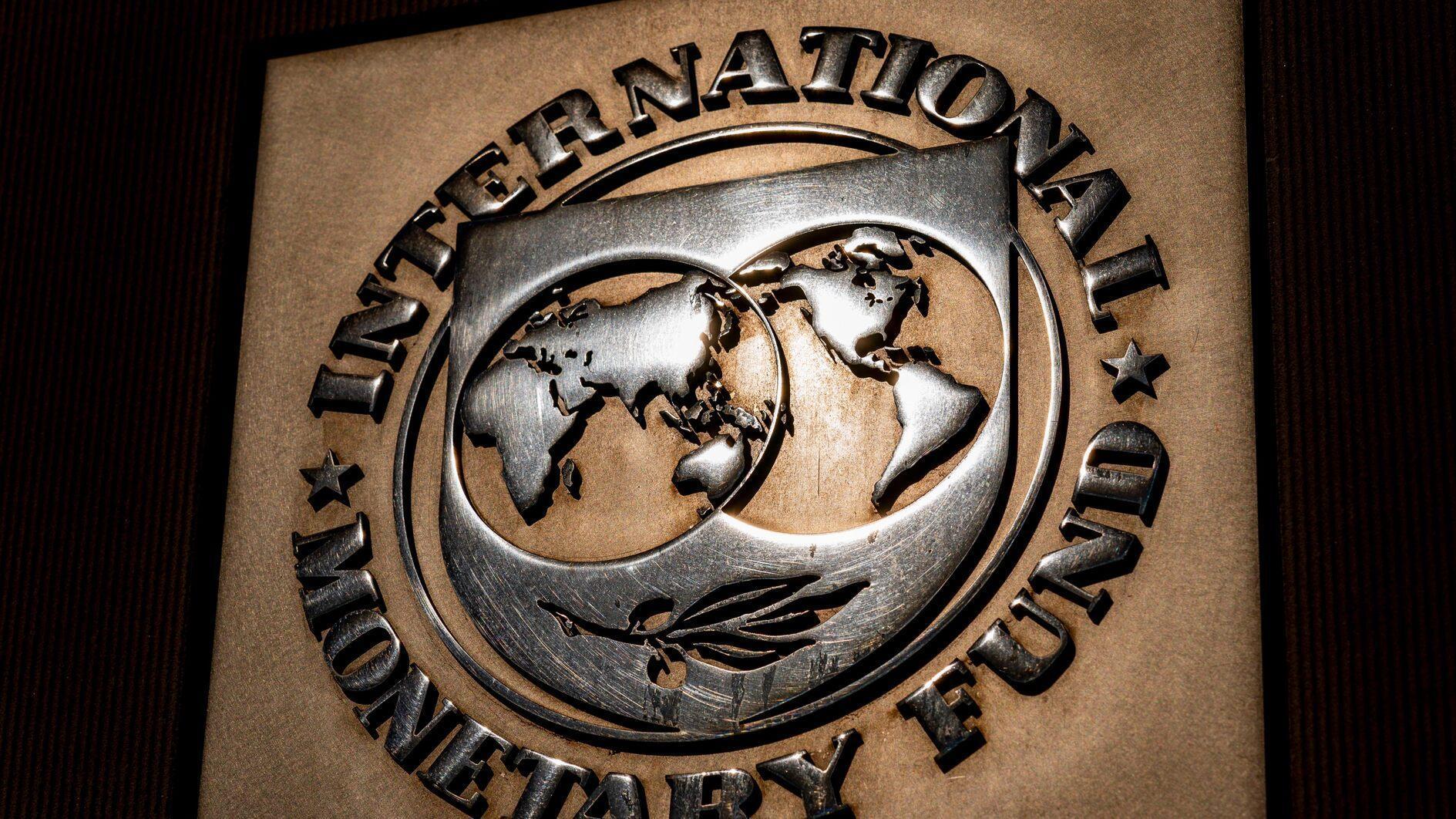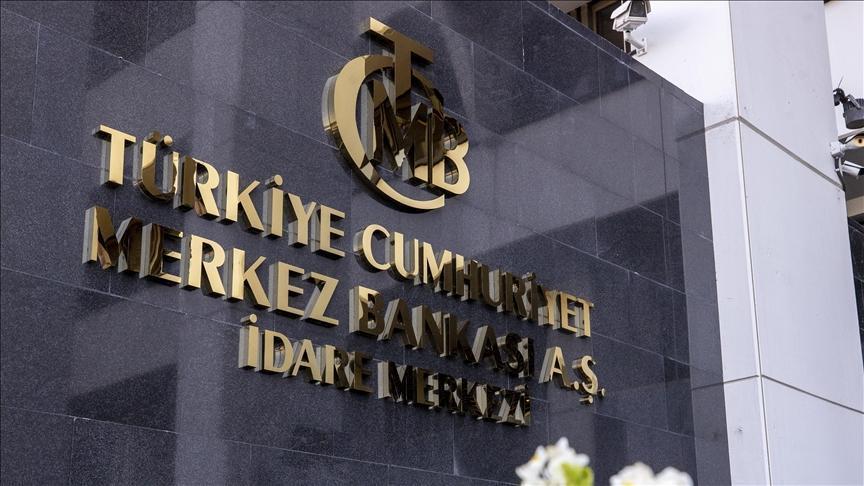IMF 'very impressed' with Türkiye's monetary policy: Director
WASHINGTON

The International Monetary Fund (IMF) is "very impressed" with the tight monetary policy stance Türkiye implemented to bring inflation down, says Alfred Kammer, director of the European Department at the IMF.
Kammer said the financial agency has been "very favorably impressed" by the monetary policy pivot in Türkiye since last year.
He added that there are two main results of the policy change — vulnerability to a crisis risk that has been greatly reduced over this time and inflation now on a downward trajectory.
"Those are two huge achievements in this policy pivot that took place when it comes to our policy advice," he said at a Regional Economic Outlook for Europe news conference at the IMF Annual Meetings in Washington.
Kammer, however, said Türkiye's fight against inflation has not yet been won, meaning that a tight monetary policy will need to be maintained, and it would be premature to reduce the restrictiveness on the monetary policy side.
The IMF European Department head, in addition, advised "a focus on income policies."
"One of the problems in Türkiye and nexus to inflation was minimum wage increases, which were based on backward-looking inflation developments. We need to have these minimum wage agreements, which are now once a year, done in a forward-looking way, in order to avoid the second-round effect of these measures," he said.
Kammer, moreover, advised the use of "more fiscal adjustment," which would help on the inflationary side and also enhance the credibility of the adjustment efforts.
"Overall, I should say to the economic team working in Türkiye: A job well done. That job needs to continue, and these policies need to be sustained. This is a painful period to go through for the population of Türkiye and is a tough period for policy makers, but it's necessary to what crisis risk and bring inflation down," he added.
The IMF projected in its World Economic Outlook (WEO) report, released on Oct. 22, that inflation will be 43 percent at the end of 2024 and decline to 24 percent at the end of next year.
The annual inflation slowed from 51.97 percent in August to 49.38 percent in September, according to the latest official data from the Turkish Statistical Institute (TÜİK).
Turkish economic growth is expected to slow from 5.1 percent in 2023 to 2.7 percent in 2025, with the slowdown driven by the shift to monetary and fiscal policy tightening since mid-2023, the fund said in the WEO.
A tight monetary policy stance remains appropriate to facilitate a faster re-anchoring of inflation expectations and prevent possible disinflation derailing, it said.
















